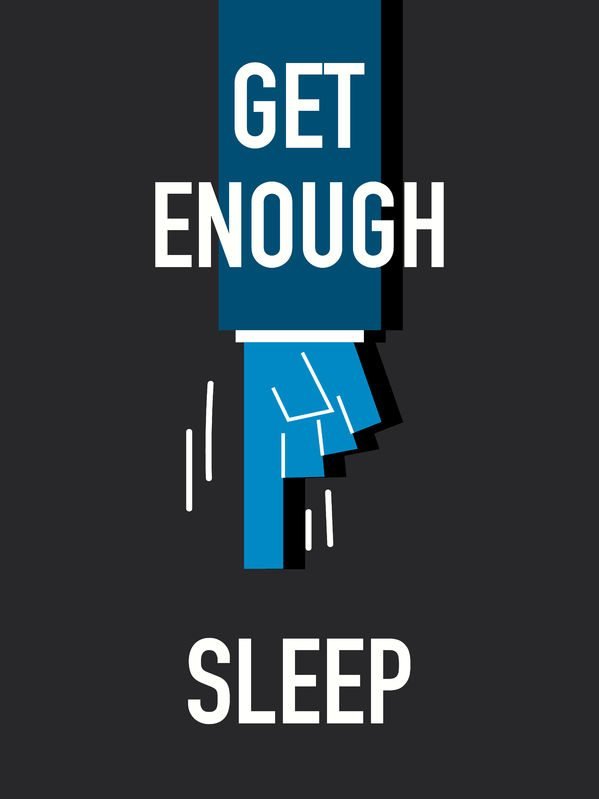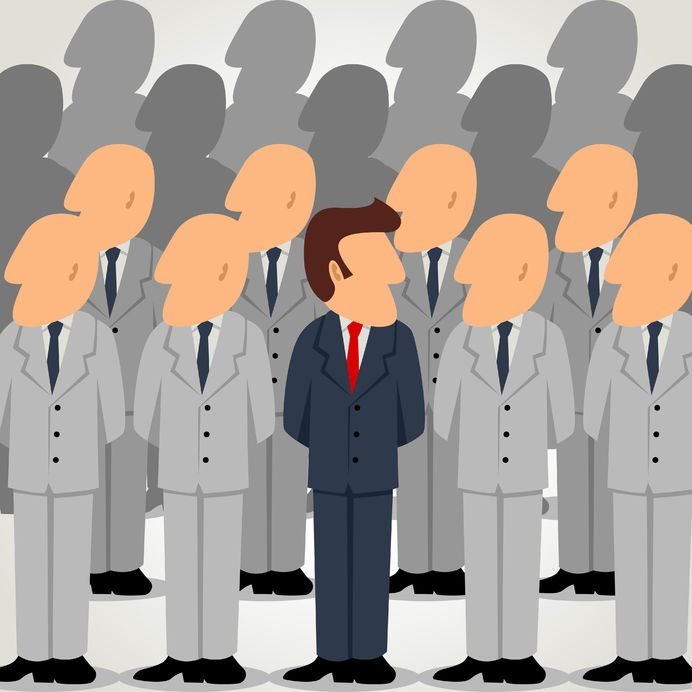Sleep. Just hearing the word makes me want to go take a nap!
I’ve fallen asleep sitting at my desk, while typing on the computer, reading and watching TV. You probably think, what’s the big deal?
No harm done. Most of us have dozed off at one time or another when we shouldn’t have. However, I have also fallen off chairs, couches or beds, while reading or watching TV, woken up in a different room and not remembered going there, dropped drinks, bowls of cereal, etc. all over the floor because I dozed off for just a few seconds.
Sounds pretty funny, huh?
Let’s see how funny you think these are. I’ve mixed up and taken wrong medications due to being half-asleep, fallen asleep in the lavatory and before I quit smoking, burned holes all over the carpet, blankets, sheets and clothing! I’m not done. Once, I walked directly into a brick fireplace, while it was lit, as I obviously wasn’t quite awake, stubbed my toes on the bed frame, table legs, or anything sticking out, countless times, and dozed off while driving.
I certainly don’t need any articles, surveys, quizzes, anyone, or anything to tell me, I am seriously and dreadfully sleep deprived! It’s been at least 10 years since I slept an entire night, without waking up. I can’t remember the last time I slept for more than two or three hours, continuously.
My family thought it was pretty funny, and even took some incriminating pictures of me, asleep in some rather odd positions; however, it wasn’t until recently I learned about the consequences and repercussions of being this severely sleep deprived. After learning a number of the latest facts (some that I will share), I realized this is not funny at all, and it’s amazing I can even function.
We are a sleep-deprived world and lack of sleep is very common phenomenon. I thought perhaps it was only something that affected the US population, but it’s just as bad in Singapore, or maybe worse. According to Dr Lim (Medical Director of the Singapore Neurology & Sleep and President of the Singapore Sleep Society), “The biggest problem in sleep in Singapore is one of voluntary sleep deprivation. Most people like to sleep but they don’t feel it’s as important as working on a project or being on the Internet,” she said. “My sense is that over all, awareness (on the importance of good sleep) is not very high.”
Common sleep disorders in Singapore are insomnia and obstructive sleep apnea (OSA), where a person stops breathing multiple times while asleep because the upper airways are blocked and it is hard for air to enter the lungs. Doctors estimate 10 to 30% of the population in Singapore have insomnia, while up to 25% have OSA.
The Singapore Sleep Society surveyed approximately 400 college students and learned that 97% feel sleepy during classes, and 30% use caffeine to stay awake. Another study, involving gambling conducted in Singapore showed that sleep-deprived people make “riskier decisions based on inaccuracies in perceived gains and losses.” Study participants were asked questions, such as “Would you choose an option that gives you a 30% chance of making $80, a 40% of losing $50, or a 30% chance of making $0?” They were asked similar questions twice, once after 7-9 hours of sleep, and once after not sleeping for 24 hours. The study revealed when the participants were sleep-deprived, there was increased activity in the ventromedial prefrontal cortex, the part of the brain responsible for focusing on positive outcomes when making decisions. They also displayed decreased activity in the anterior insula, the part of the brain that takes negative outcomes into account. Well-rested people tended to look to minimize losses, while sleep-deprived participants looked to maximize gain, took decisions without considering negative outcomes sufficiently and took more risks. This is a reason gambling is so tempting and problematic for many individuals.
Ok, so let’s go through some of the facts about good sleep, causes of sleep disorders and a few remedies.
Why is sleep important?
In the last several decades, although scientists have learned a great deal about sleep through human and animal sleep deprivation experiments, the function of sleep itself remains a mystery. Sleep is believed to be a time of rest and repair for the body, and possibly a time for consolidation of learning and memory for the brain. We know a lot more about what happens when we do not get enough sleep than what precisely the function of sleep is.
What exactly is sleep deprivation or lack of sleep and how do you know if you are a good sleeper?
The amount of sleep we need varies according to age. In adults, there is a wide range of about 6 to 10 hours. However, getting less than4-5 hours of good sleep each night, for a prolonged period of time could be termed as sleep deprivation. A simple way to know how much sleep you need, is to observe your sleep pattern during a vacation, when there are no external pressures dictating when you go to bed and when you have to get up. During holidays we typically allow ourselves to fall asleep and wake up naturally and our normal sleep requirement can be estimated from such non-stressful times.
You are a good sleeper if you fall to sleep and wake up at about the same time every day, including weekends. You get at least 6-8 hours of sleep on a regular basis and when you wake up, you feel refreshed and can maintain normal alertness throughout the day. It is normal to feel a mid-afternoon “dip”, but there should not be overwhelming sleepiness. Toward bedtime, you know how to relax yourself after a busy day, and fall asleep within 10-15 minutes of going to bed. You do not wake up except once or twice to go to the bathroom, and fall back to sleep easily.
What are the most common causes for lack of sleep?
- Stress is considered the number 1 cause of short-term sleep problems and lack of sleep. Usually when the stress is reduced, sleep returns to normal
- Irregular lifestyle can contribute to sleep problems
- Drinking caffeinated beverages or alcohol too late in the day, exercising close to bedtime, or doing any mentally or physically intense activity right before going to bed, all are sleep “stealers”
- Environmental factors, such as a room that’s too hot or cold, noisy, with too much light, and interruptions from family members can disrupt sleep
- Physical ailments, such as backaches, headaches, arthritis and any kind of pain make sleeping difficult
- If you, or your partner snores excessively, a true sleep disorder, called sleep apnea may be the cause. It interrupts breathing, causing the person to briefly wake up
- Various medications, from vitamins and supplements, to medications for asthma, high blood pressure, heart problems and pain, can also keep you awake
How about the effects of lack of sleep, especially from the workplace point of view?
Lack of sleep affects work performance in countless ways. Just reducing sleep one night for 1 ½ hour could reduce responsiveness in the daytime by as much as 32%. Diminished attentiveness and excessive drowsiness during the day harm memory and cognitive ability — the capacity to think and sort out information. Sleep deprivation also doubles the risk of suffering a work-related accident or injury. Lack of sleep is a primary cause of industrial accidents, and has been indicated as a reason for unscheduled absenteeism.
Other things affected include productivity, quality and workplace relationships. Employees who don’t get enough sleep have a harder time concentrating, solving problems, and communicating. They also tend to be irritable, moody, and more intolerant of co-workers’ opinions. As work problems increase, stress levels also increase, which only make sleep problems worse. The combination of sleep problems, mixed with added stress, anxiety caused by worrying about it, leads to a vicious circle that appears impossible to break.
Lack of sleep also impairs other areas of Emotional IQ. Sleep deprived people have difficulty distinguishing facial expressions and have a lesser ability to quickly assess and react to interpersonal situations.
The following is a general list of useful sleep tips.
 Avoid caffeine, nicotine and alcohol late in the evening
Avoid caffeine, nicotine and alcohol late in the evening- Exercise regularly, but at least three hours before bedtime
- Don’t use your bed for anything other than sleep or sex. If you have a problem with insomnia, you should not read, watch TV or work in bed. Associating the bed with other types of activities, especially if they are stimulating, will make it harder to fall asleep
- If you have trouble sleeping, don’t take naps during the day
- Take a look at your sleep environment. Is it conducive to sleeping?
- Establish a regular bedtime routine that allows you to unwind, and signals your brain that it’s time to sleep
- If you can’t sleep after 30 minutes, get up and do some relaxing activity, until you feel sleepy
- Most of all, if sleep problems continue for more than a couple of weeks, are severe, interfere with your ability to function and how you feel, see a doctor!






